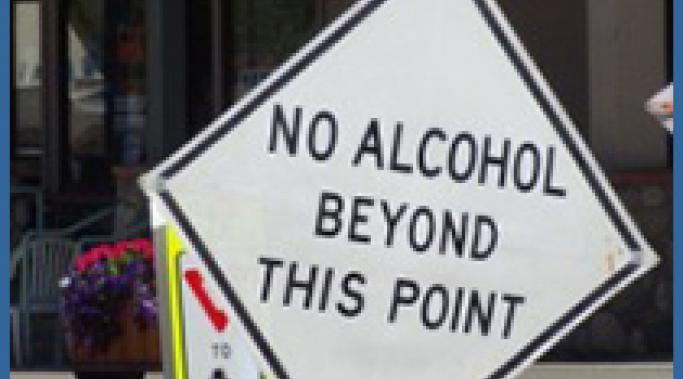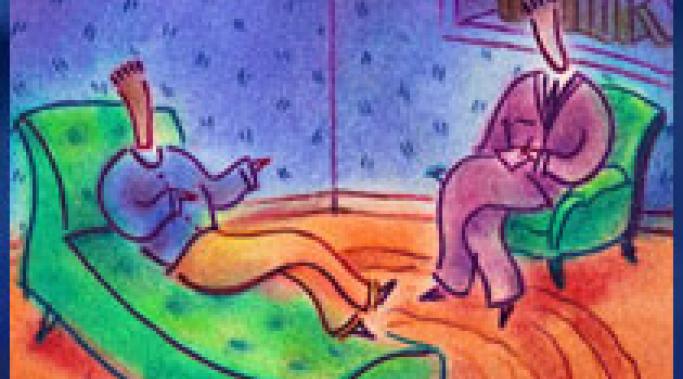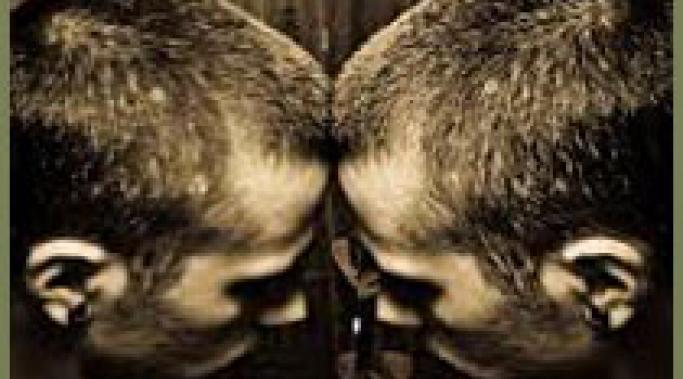I once remarked that 90 percent of the cases on Judge Judy could be avoided by remembering proverbs such as: "If it sounds too good to be true, it probably is."
An Arabic proverb says: "Proverbs are the light of speech." Proverbs are important even when it comes to mental health treatment. Here are three sayings that mental health professionals would do well to remember.
Borderline Treatment
A new documentary, "Kidnapped for Christ", was recently released. Although I haven't seen anything other than the promo, the movie made my must-see list. The movie is about a dysfunctional Christian behavioral modification school and the teenagers who were sent there involuntarily.
It brought back memories. While my parents thankfully never sent me off to the Dominican Republic because of my psychiatric disorder, I feared that they would. Some kids, including a high school friend of mine, weren't that lucky. I was, however, abused in the name of God, just like these folks were, as a form of mental health treatment.
I just celebrated six months sober. However, I face a new threat--my own indifference. Earlier today, I found myself thinking "Is this it? Sobriety is overrated." It's similar to what people newly on psychiatric medications think--"Do I really need this pill? Do I really need this program?"
It's a bullet I have to dodge.
In AA today, we were talking about the insanity behind substance abuse, a common symptom of borderline personality disorder (BPD). We agreed that self-knowledge is not enough to solve the various addictions we face in life, whether it be alcohol, self-injury or any other self-destructive behavior.
Recently, I took the bus home. Normally, that's not "interesting" but this trip was because the driver got lost. Seriously. She even asked passengers for directions on her route. So what does this have to do with therapy? Plenty. If you get an unqualified or inexperience therapist, you may end up wandering just like this bus driver did.
Sometimes we may feel like therapy is impossible. But is the problem in our perception of the task at hand? More Than Borderline's Becky Oberg talks about how working in therapy can be like pushing a boulder.
Today, at AA, we were reading a story from the Big Book. The part that jumped out to me was this:
"It was here that I realized for the first time that as a practicing alcoholic, I had no rights. Society can do anything it chooses to do with me when I am drunk, and I can't lift a finger to stop it, for I forfeit my rights through the simple expedient of becoming a menace to myself and to the people around me."
It made me think about AA sayings that apply to people with borderline personality disorder (BPD).
When Delay is Deadly
When I was kicked out of the Army due to my mental illness, they gave me a 30-day supply of medication, a list of mental health services in Indianapolis and a "good luck, ex-soldier Oberg". Unfortunately, it was going to take three months to get in to see a psychiatrist. I've since found that other people have the same problem--it's so common that CrisisChat.org has an article about what to do while waiting for mental health services in their mental health library.
If it had been just me, I probably could have ignored it. But it wasn't just me. During one of my many psychiatric hospitalizations, I observed what I believed was a systematic pattern of abuse of restraints. Patients were often restrained without the least restrictive means being tried and without a doctor's order or evaluation. They were often restrained for up to an hour, even if they were out of danger. I knew this was illegal. But how was I supposed to fight back?
I have a confession to make--I am almost incapable of calling a crisis hotline, no matter how bad I feel. I flip open my cell phone, stare at the screen, flip it shut, flip it open again, start to dial the number, stop and flip it shut, on it goes. It can take me up to half an hour to call a crisis hotline. I have no clue why I do this.
And I'm not the only person who does this. According to IMAlive.org, more than 30 percent of people who call a crisis hotline hang up as soon as they hear a voice. Maybe you're one of these people. Did you know you have the option to chat online about your problem?








